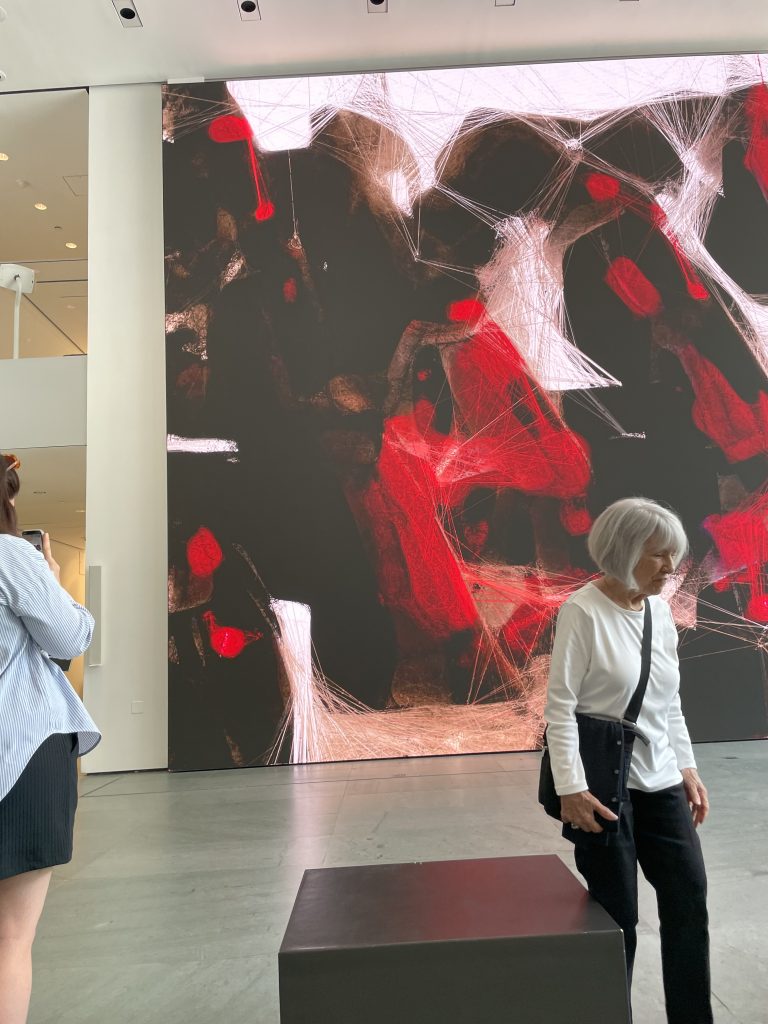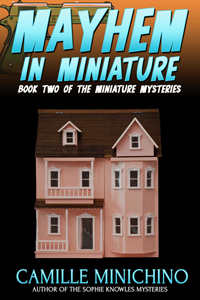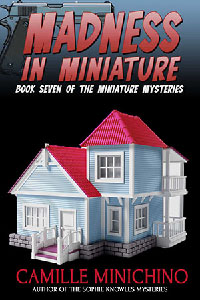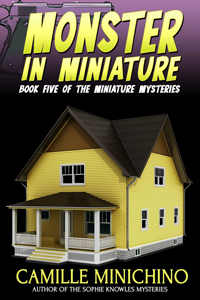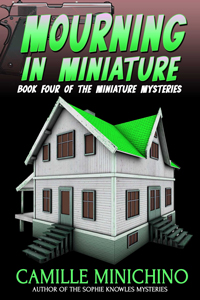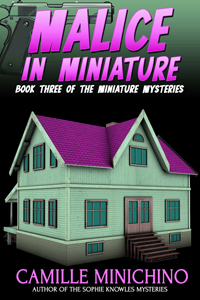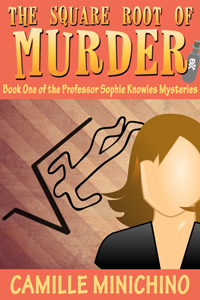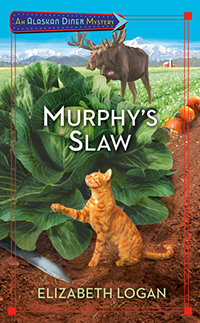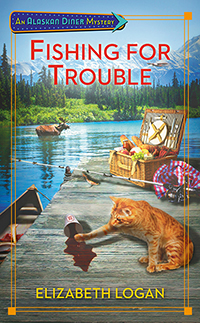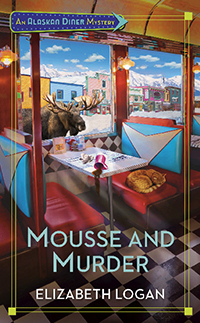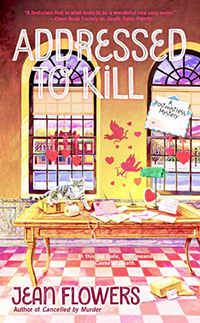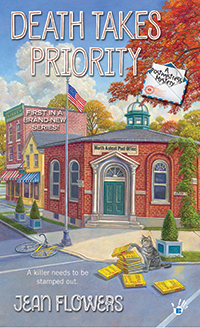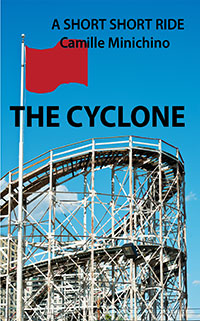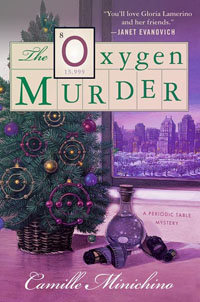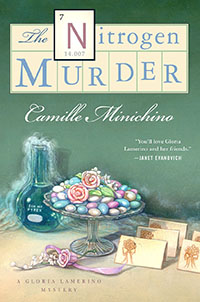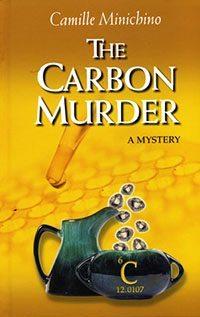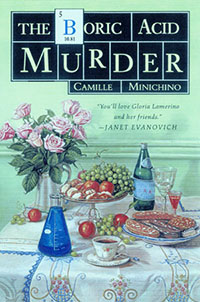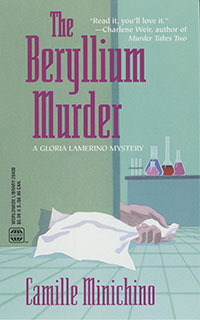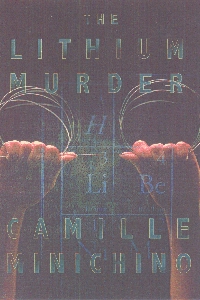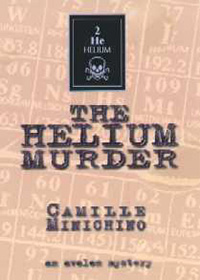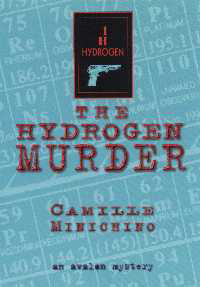My guest this week is author Josephine Mele. In 2012, Jo and her then 10-year-old grandson, Nick, put together an article for Parents Magazine to help parents and others to understand the symptoms and behaviors of Asperger’s Syndrome.
Here’s Jo, writing today, with an update.
My grandson just got his first job. This might not seem blogworthy news, but it is for our family. Nick is on the autism spectrum and for him working in person, with strangers is monumental and exhausting.
High functioning autistics exhibit poor social interactions, odd speech patterns, limited facial expressions, and peculiar mannerisms. They might engage in obsessive routines or show an unusual sensitivity to sensory stimuli. For a person on the spectrum, you may see one or more of the following symptoms:
• Inappropriate or minimal social interactions
• Conversations that revolve around themselves or a certain topic, rather than others
• Not understanding emotions well or having less facial expression than others
• Speech that sounds unusual, such as flat, high-pitched, quiet, loud, or robotic
• Not using or understanding nonverbal communication, such as gestures, body language and facial expression.
Nick came home exhausted and went right to bed. The good news – he went back to work the next day.
Check out the original article, “The ABCs of Asperger’s Syndrome: An A-to-Z Guide to Understanding the Symptoms of Asperger’s.”
Josephine Mele is a world traveler, mystery writer, and tour guide. Her latest mystery, “Incident in India,” was released this month.
Every now and then baseball comes back into my life. Tonight it was through the movie “For Love of the Game” — the film follows the perfect-game performance of an aging star baseball pitcher as he deals with the pressures of pitching in Yankee Stadium, among other life choices.
In case you missed it the first dozen times around, here’s my own baseball story, just past the 30th anniversary of its publication in April of 1993.
I’m delighted to host bestselling author LOIS WINSTON today. I’m guessing many of you are already fans, but read on anyway for a fascinating report on how it all came about.
And now, by Lois Winston!
Years ago, when I was asked to write a crafting-themed cozy mystery, I had no idea how impactful that book would be on my life. Assault with a Deadly Glue Gun became the first book in my bestselling and critically acclaimed Anastasia Pollack Crafting Mystery Series. The book debuted in January of 2011. Nearly twelve and a half years later, A Crafty Collage of Crime, the twelfth book in the series, is now available. (There are also three connecting novellas.)
Having a series that has lasted this long is a rarity. I’m sure if I’d stayed with my publisher, at some point my series would have been dropped. I’ve been in publishing long enough to know that all decisions are ruled by the bottom line. If your sales don’t constantly increase, you’re not offered another contract.
However, before that happened, I decided to walk away from my publisher after the release of the third book in the series. I had recently been offered two additional contracts, one for a continuation of the series and another for a new series. At first, I was thrilled. Until my agent noticed the publisher had decided to insert some extremely onerous clauses into the new contracts and refused to budge on them.
I did a lot of soul searching before turning down those new contracts. It wasn’t easy to walk away. It had taken me ten years to get published. Then, after two award-winning novels, I found myself orphaned when my New York publisher went out of business. Until I sold my mystery series two years later, I wondered if I’d ever sell another book.
At this point, Amazon had already created a seismic shift in the publishing world with the creation of Kindle Direct Publishing. Authors, in droves, were leaving their publishers and independently publishing their books. Although my agent had some interest from smaller presses to continue my series, after researching the publishers and speaking with some of their authors, I decided to pass on them. I began giving serious consideration to indie publishing, especially since I wasn’t ready to give up writing about Anastasia.
I loved the freedom of being able to write what I wanted to write without a cadre of bean-counters and corporate lawyers making decisions that impacted me and my books. Don’t ever let anyone tell you that only editors make decisions about which books are bought and which aren’t. I’ve been on the inside, and I know that marketing and sales departments often trump editorial decisions. No matter how much an editor may love a book, the bean counters have the final say, and all they care about is the bottom line. Books may be an author’s babies, but to the bean counters, they’re no different than widgets.
Another factor that played into my decision was that nowadays, unless you’re a huge household name or have written the breakout book of the decade, most authors get very little to no marketing and publicity support, both in time and dollars, from their publishers. I know New York Times bestselling authors who constantly complain about this. If they don’t have that kind of support from their publishers, what chance do any of us have?
I began to think, if an author is doing most of the work and bearing much of the expense, why shouldn’t she reap most of the profit from her books? Independent publishing was making that possible, and I finally took a leap of faith and plunged into the indie pool. As my agent said, “If it doesn’t work out, you can always write something else that we can try to sell to a publisher.”
But it worked. And I’ve never looked back with regret. I love writing my Anastasia Pollack Crafting Mystery Series. Unless I get tired of doing so, as long as readers keep asking for new books in the series, I’ll keep writing them. As for the possibility of ever going back to traditional publishing, someone would have to make me an offer I couldn’t refuse. Given today’s publishing climate, I see little chance of that ever happening. However, if you have the means and wish to prove me wrong, feel free to get in touch.
And now an offer from Lois!
Post a comment for a chance to win a promo code for a free audiobook download of either Decoupage Can Be Deadly, the fourth Anastasia Pollack Crafting Mystery,or A Stitch to Die For, the fifth book in the series.
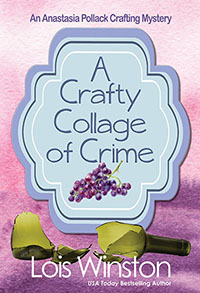
Wherever crafts editor and reluctant amateur sleuth Anastasia Pollack goes, murder and mayhem follow. Her honeymoon is no exception. She and new husband, photojournalist (and possible spy) Zachary Barnes, are enjoying a walk in the Tennessee woods when they stumble upon a body on the side of a creek. The dead man is the husband of one of the three sisters who own the winery and guest cottages where Anastasia and Zack are vacationing.
When the local sheriff sets his sights on the widow as the prime suspect, her sisters close ranks around her. The three siblings are true-crime junkies, and thanks to a podcaster who has produced an unauthorized series about her, Anastasia’s reputation for solving murders has preceded her to the bucolic hamlet. The sisters plead for her help in finding the real killer. As Anastasia learns more about the women and their business, a host of suspects emerge, including several relatives, a relentless land developer, and even the sisters themselves.
Meanwhile, Anastasia becomes obsessed with discovering the podcaster’s identity. Along with knowing about Anastasia’s life as a reluctant amateur sleuth, the podcaster has divulged details of Anastasia’s personal life. Someone has betrayed Anastasia’s trust, and she’s out to discover the identity of the culprit.
Craft project included.
Buy Links
Amazon: https://amzn.to/3NX6O13
Kobo: https://www.kobo.com/us/en/ebook/a-crafty-collage-of-crime
Barnes & Noble: https://www.barnesandnoble.com/w/a-crafty-collage-of-crime-lois-winston/1143442079?ean=2940161008225
Apple Books: https://books.apple.com/us/book/a-crafty-collage-of-crime/id6448801378

BIO: USA Today and Amazon bestselling author Lois Winston began her award-winning writing career with Talk Gertie to Me, a humorous fish-out-of-water novel about a small-town girl going off to the big city and the mother who had other ideas. That was followed by the romantic suspense Love, Lies and a Double Shot of Deception.
Then Lois’s writing segued into the world of amateur sleuths with her humorous Anastasia Pollack Crafting Mystery Series, which Kirkus Reviews dubbed “North Jersey’s more mature answer to Stephanie Plum.” The series now includes twelve novels and three novellas.
To date Lois has published twenty-one novels, five novellas, several short stories, one children’s chapter book, and one nonfiction book on writing.
Website:http://www.loiswinston.com
Newsletter sign-up: https://landing.mailerlite.com/webforms/landing/r2e9v1
Killer Crafts & Crafty Killers blog: www.anastasiapollack.blogspot.com
Pinterest: www.pinterest.com/anasleuth
Twitter: https://twitter.com/Anasleuth
Goodreads: https://www.goodreads.com/author/show/722763.Lois_Winston

Not to celebrate it, but to serve as a reminder.
Seventy-eight years ago, on July 16, 1945, a plutonium implosion device was tested at a site 210 miles south of Los Alamos, New Mexico.
For the details, including photos, which should give us pause, here’s a report from the Air Force Nuclear Weapons Center.
From J. Robert Oppenheimer: We knew the world would not be the same. A few people laughed, a few people cried. Most people were silent.
More quotes on the event here.
In case you missed my newsletter this month, OR in case you can’t wait to learn the answers to the riddles, here we go:
| • Where was the Declaration of Independence signed? Hint: not in Philadelphia Answer: At the bottom • What would you say if everyone in the country sneezed at the same time? Answer: God bless America • What is the smartest state? Alabama — 4 A’s, 1 B |
July 2, 1937: The mystery of Amelia Earhart’s disappearance somewhere over the Pacific Ocean during her around-the-world flight attempt persists to today.
Here is detailed bio and some images that I like, from the Smithsonian.



Maria Mayer was born June 28, 1906.
In 1963, Maria Goeppert Mayer shared the Nobel Prize for Physics for “discoveries concerning nuclear shell structure.” She was the second female Nobel laureate in physics, after Marie Curie, and would be the last for over half a century, until Donna Strickland was awarded the prize in 2018.
A full biography of Mayer, with wonderful photos (that may be copyright) is here. See the one especially where she is walking in splendor, with the King of Sweden!
I hope that’s a good word. For me it means a 3-fold happy intersection: ThrillerFest conference, in Manhattan, on my birthday.

I guess a 4th would be relieved I missed the awful fallout from the Canadian wildfires. I am so sorry for those caught in the unhealthy air. I hope it dissipates quickly.
 Filed Under :
Filed Under :  Aug.9,2023
Aug.9,2023
